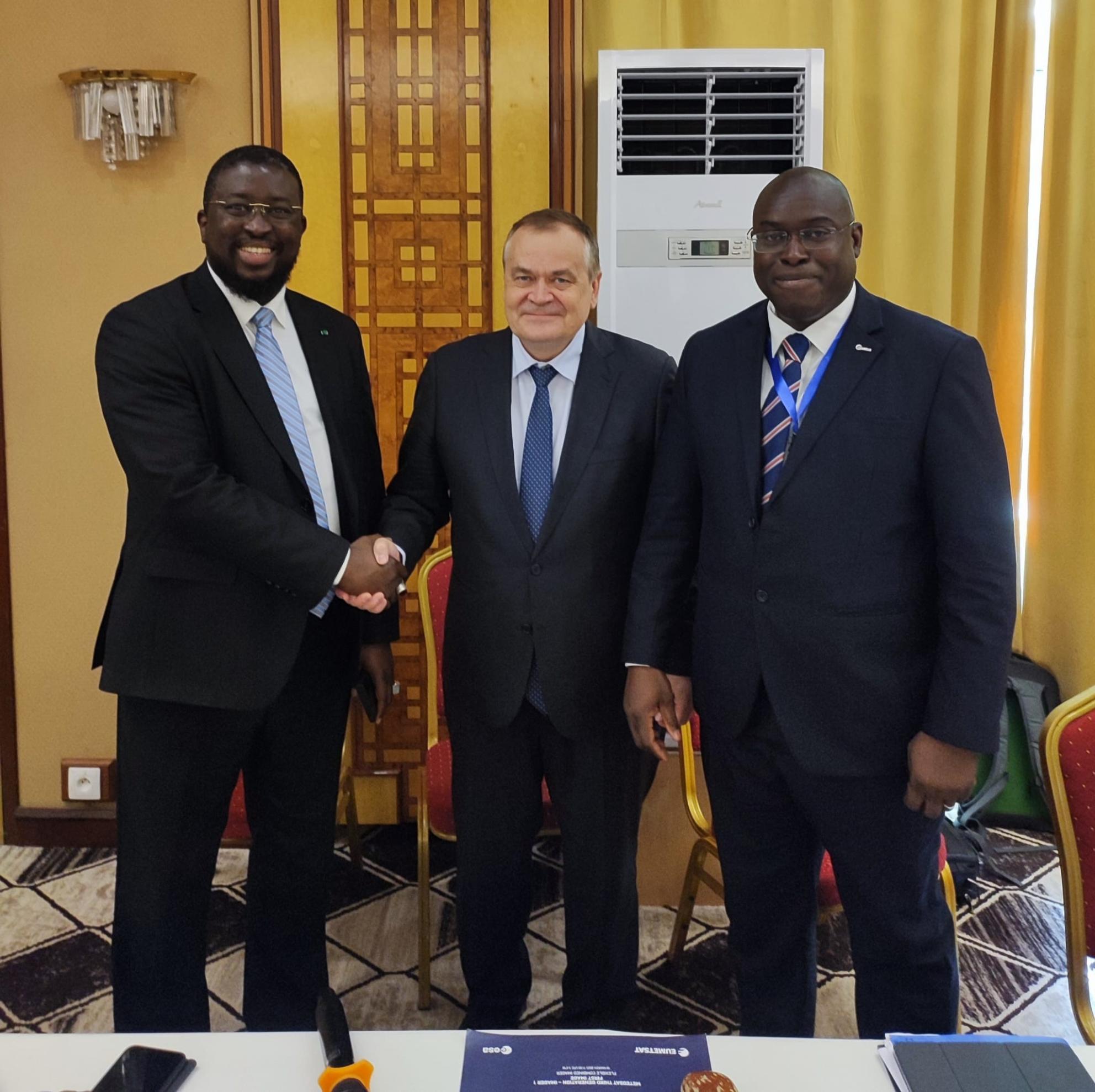Cooperation between the European Union and African Union in space exploration was the hot topic at a three-day event that took place in Dakar this week, as Africa’s growing space sector is becoming increasingly important for the sustainable economic development of the continent.
Senegal’s Prime Minister, Amadou Ba, addressed the AU-EU Space Dialogue in Dakar, emphasizing the significance of the space sector for human development, bringing forth new economic, scientific, technological, and military challenges. The event, titled the AU-EU Space Dialogue, marked the first edition of a forum aimed at fostering cooperation and sharing expertise in space research, earth observation, satellite navigation, and satellite-based connectivity and communication.
Read also: Heifer International advocates youth-driven Innovations in Africa’s agriculture sector
Strengthening African Space Programs
Africa’s rapidly developing space sector is evolving into a vital component of the continent’s economic growth. Maram Kaïré, Director General of the Senegalese Space Study Agency (ASES), highlighted the importance of collaboration and communication to leverage the growing opportunities in the space industry. With African states having launched 45 satellites, and projections indicating that the total could reach at least 165 by 2027, African nations are recognizing the potential of space technology in various fields, including agriculture, environmental monitoring, disaster management, telecommunications, and more.
Satellite data has the potential to revolutionize agricultural practices in Africa. Kaïré pointed out that the changing climate and delayed rainy seasons have significantly impacted farming. Satellite data can help farmers determine the optimal sowing times, reducing the risk of crop loss. The implications for food security and sustainable agriculture are substantial.
The Role of the European Union
The AU-EU Space Dialogue also aimed at establishing partnerships between the African Union and European Union. The EU’s recently launched Infrastructure for Resilience, Interconnectivity, and Security by Satellite (IRIS) program is expected to provide opportunities for African governments and businesses by 2024. This program consists of a constellation of satellites that aim to provide safer, seamless connectivity. The cooperation between the EU and Africa in the space domain spans various fields, including climate change, disaster management through an early warning system, and fishing monitoring.
Growth and Potential of the African Space Industry
The African space industry is now valued at over $20 billion, employing more than 18,000 individuals. The African Space Agency, established in Egypt, plays a pivotal role in coordinating and integrating space programs across the continent. This initiative aims to create a well-coordinated and integrated space program among African states, offering a framework for collaboration. Additionally, it seeks to develop regulatory frameworks to support Africa’s space program, while focusing on the development of African youth, aiming to harness their talents and potential.
Senegal’s Ascent in Space Technology
Senegal is making significant strides in space technology and aims to launch its first satellite into orbit by 2024. Maram Kaïré envisions launching a second satellite in the next two years, followed by the possibility of establishing the first constellation of satellites by 2027-2028. He is also an inspiration to young Africans, with an asteroid bearing his name, symbolizing hope and potential for African space enthusiasts.
The AU-EU Space Dialogue in Dakar highlights the growing importance of space technology for Africa’s sustainable development and economic growth. Collaboration between African and European nations, combined with the rapid development of African space programs, is ushering in a new era of possibilities and opportunities for the continent.
